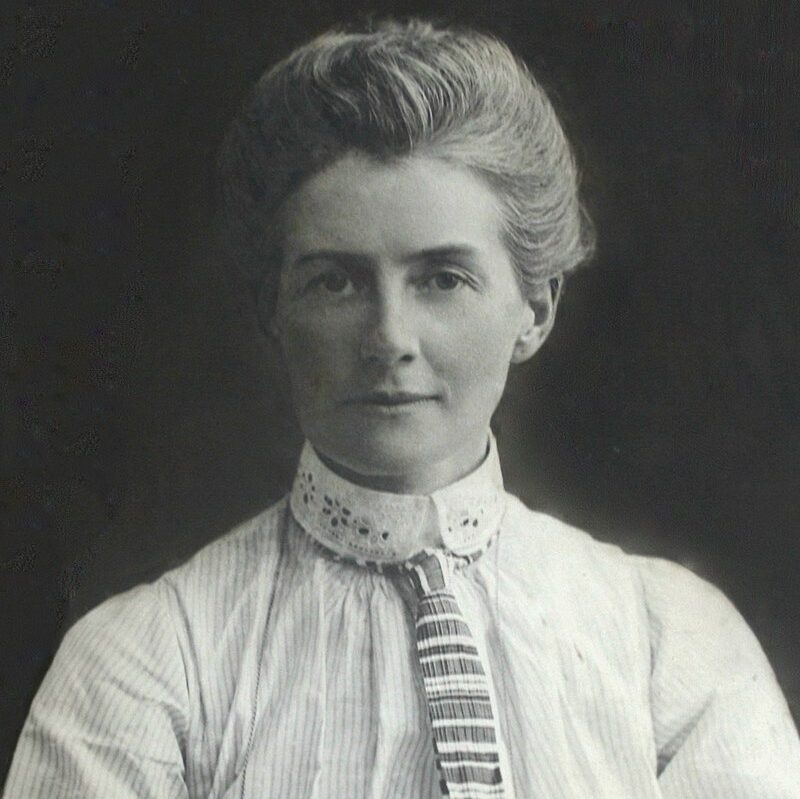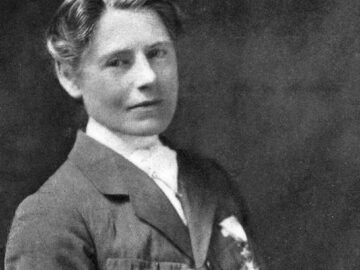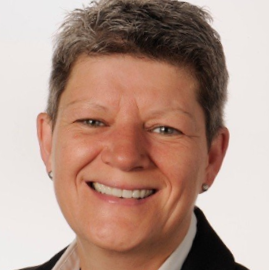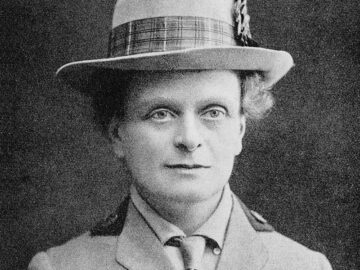Role: British nurse

Edith Cavell was a British nurse. She is celebrated for saving the lives of soldiers from both sides without discrimination and for helping some 200 Allied soldiers escape from German-occupied Belgium during the First World War, for which she was arrested. She was accused of treason, found guilty by a court-martial and sentenced to death. Despite international pressure for mercy, she was shot by a German firing squad. Her execution received worldwide condemnation and extensive press coverage.
After her death, the media at the time published her story and she became a figurehead of propaganda for the duration of the war. As a result of this, Cavell’s death meant that she became one of the most prominent British female casualty of the war.
After the war Cavell’s remains were returned to Britain. In recognition of her contribution to the war effort, there were multiple memorials to her including one outside Norwich Cathedral (where there is still a graveside service held each October).





